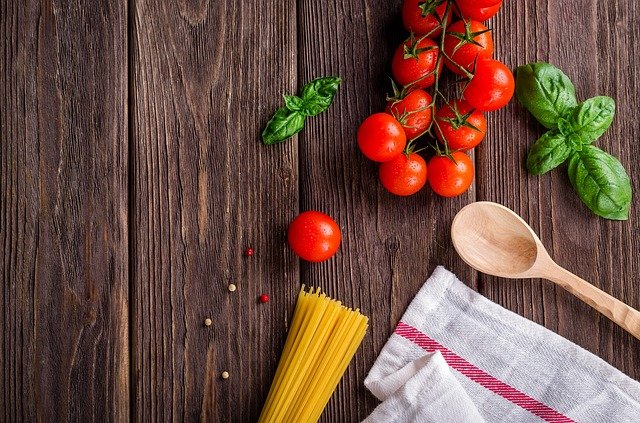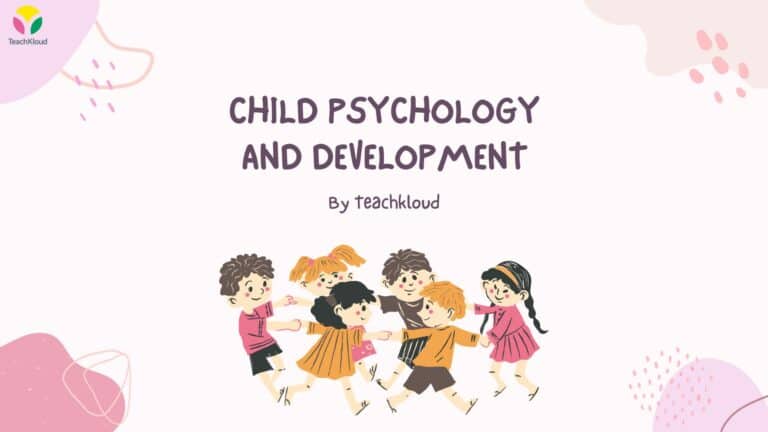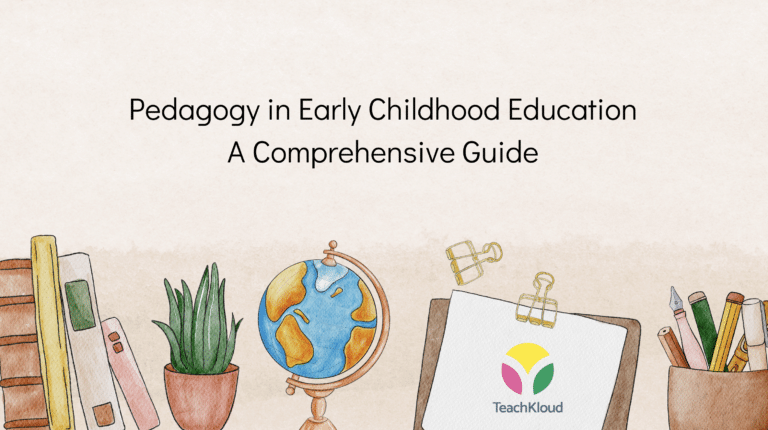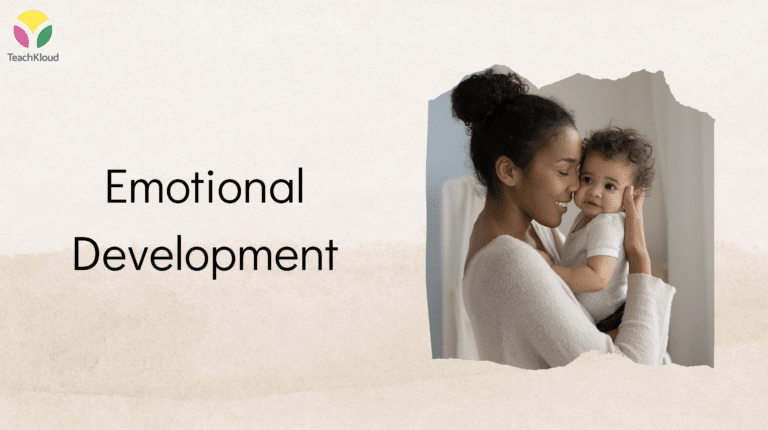When children are in your care, it’s your responsibility to look after their health and wellbeing. Managing food risks and ensuring you adhere to the requests and dietary requirements of all children is extremely important. Both for the health of the children within your nursery, pre school or early years environment, but also for the reputation for your business.
TeachKloud have put together this quick, essential list of tips to help you stay on top of food safety regulations.
Use A Management Software
TeachKloud’s centralised management software for early years settings can be used to adhere to health and safety regulations. The customisable interface means you can set up checklists and assign them out to specific team members, including those that are working in the kitchen. This means you can set a standard of routine checks before and after food is prepared on the premises. It’s also recommended that you record the temperatures of any fridges or freezers as well.
Using TeachKloud means that all this information is stored electronically and can be accessed whenever you need – no more food spattered paperwork!! Our software ensures that you’ll be inspection-ready without stress.
Attend A Refresher Course
Food safety courses and online refreshers are a cheap and effective way to solidify information within your team and ensure everyone is working to the same standards. This is particularly important for maintaining a quality benchmark of food safety.
Despite restrictions, you can ask your team to complete online food safety training and get qualified over half term or when they have a spare moment. Bitesize refresher training like the courses we provide on KloudAcademy are a great way to ensure that all your team members are on the same page.
Showing qualifications in Food Safety can help to establish an authoritative, quality reputation for your business, too.
Plan & Consider Your Food Preparation Areas
If your school has a half term break coming up, it’s a great opportunity to reconsider your food preparation areas. Think out where food is stored and any cross contamination risks. For example, any kosher or halal foods should be kept separately from other foods. In turn, it’s ideal to have a dedicated waste management area.
Deep Cleaning Checklists
It’s important to have regular deep cleaning sessions that follow a standardised protocol. This can help to minimse the risk of cross contamination and any missed areas that may cause illness or pose health risks.
Within your pre school, it should be up to the management to enforce regular cleaning sessions. It might even be worth scheduling this into the staff rota to ensure that it is a prioritised task, rather than one of those things we do “when we get a chance”. Regulated cleaning processes can be recorded on TeachKloud, too!




